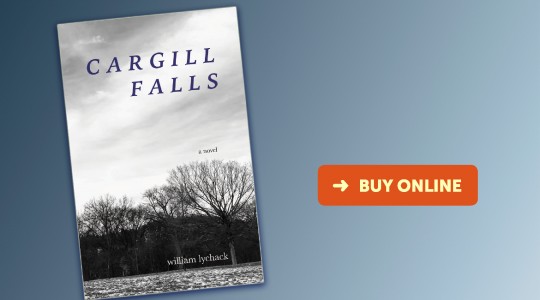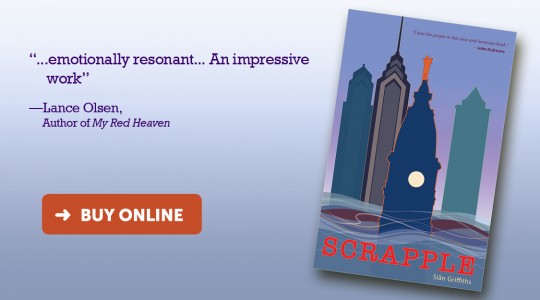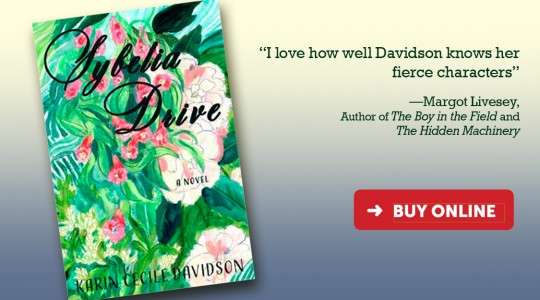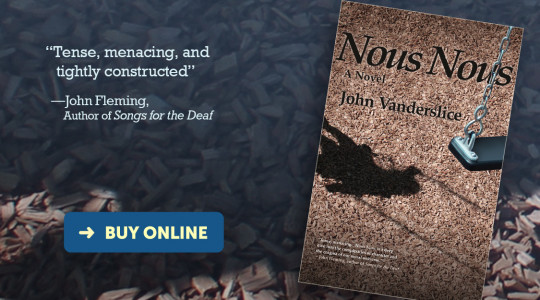Bill Lychack talks with Peter Trachtenberg for the Los Angeles Review of Books about life and writing and the strange business the two conduct behind our backs.
Authors
excerpts from new and forthcoming titles, announcements about book tours, readings, and relevant links
We're so very pleased to share news that Braddrock Avenue Books author Catherine Gammon (Sorrow) has won the Bridge Eight contest for her forthcoming novel China Blue (forthcoming from Bridge Eight Press, spring 2021).
DeWitt Henry has written a wonderful review of our first nonfiction publication, Ewa Hryniewicz-Yarbrough's exquisite Objects of Affection.
BAB author Catherine Gammon (Sorrow) has gotten some serious interest in her latest manuscript, Nightbirds in an Age of Light, a novel that explores the Salem witch trials.
Street Talk
frank discussion by guest authors, editors, agents, and publishers who share insights into the literary life
Braddock Avenue Books: Your book Teaching Queer: Radical Possibilities for Writing and Knowing came out this year. Was there a particular moment or set of moments that inspired you to write about queerness as pedagogy as opposed to your traditional platform of poetry?
Braddock Avenue Books: The Drowning Boy’s Guide to Water is your first book. How long did you work on this collection before it won the 2017 Rising Writer Prize at Autumn House Press?
Braddock Avenue Books: Let’s start at the end. The final story in your collection, “Unfinished Stories of Girls,” is also the title of the entire collection. Why did you decide to use this title for the book and why did you decide to put that story last?
Bookmarks
commentary on new, established, and classic writers along with ruminations about the writing life in the 21st century
Creative expression isn't for the faint of heart--especially during uneasy times, when creative workers have an important decision to make about whether to engage with or ignore contemporary circumstances. One artist who unflinchingly chooses engagement is comics journalist Joe Sacco.
Thanks to a collaboration between the University of Pittsburgh creative writing program and the Pittsburgh Post-Gazette, Braddock Avenue Books co-founder Robert Peluso had the chance to talk live with novelist Ian McEwan about novellas, Nabokov, the idea of the book, and living the literary life.
Joe Schuster, author of the novel The Might Have Been, recently invited me to participate in The Next Big Thing – a kind of “chain blog” among writers designed to share news about recent or forthcoming work. Thanks, Joe, for tagging me for The Next Big Thing!
It was November 6th. Americans, I was being told, were going to the polls to exercise their political prerogatives. Oh, really? Having been hounded, cajoled, bullied, and bombarded with messages from canvassers, callers, and advertisers in the weeks leading up to the election, I was feeling a little depressed.








